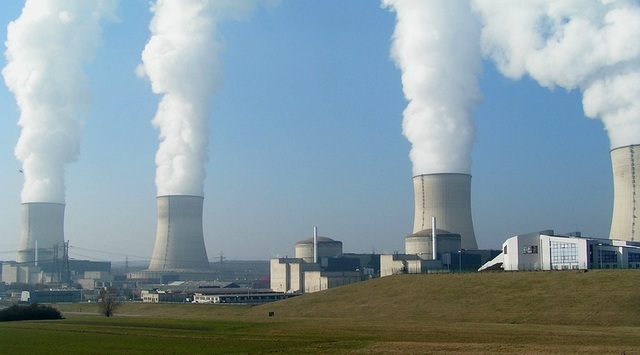The US Nuclear Regulatory Commission (NRC) issues licences for nuclear power plants to operate for up to 40 years and allows licences to be renewed for up to 20 years with every renewal application, as long as operators prove that the effects of ageing on certain plant structures and components will be adequately managed.
About 90 percent of US plants have already renewed their licences once, extending their operation to 60 years. But most of these will soon reach the end of their 60-year term. If they cease to operate or are not replaced by new plants, the percentage of energy generated from nuclear will drop. A subsequent renewal extends a plant’s operation from 60 to 80 years. (Courtesy: IAEA)

The last couple of decades have witnessed increased interest in the extension of the operating life of nuclear power plants. Extending the life of a plant is more economical than building a new one, and where it makes business sense, many plant operators in the United States are seeking licence renewals. This helps avoid supply shortages and support the country in reducing carbon emissions.
Monday, January 22, 2018



